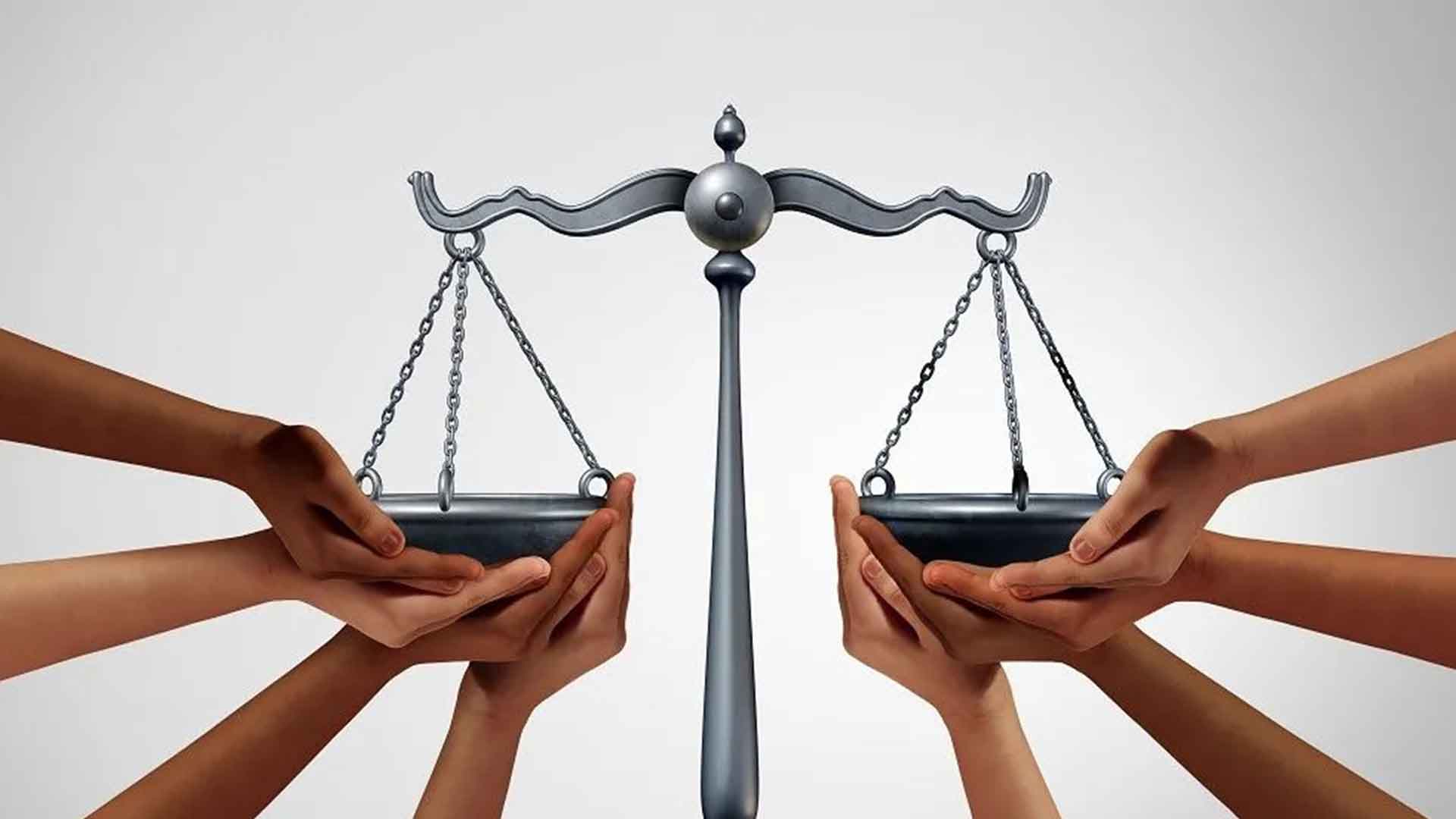A path toward equity and inclusion
The Haney Centre for Social Justice The book stresses the importance of removing barriers related to class, gender, ethnicity, religion, and economic status. In Bangladesh, the essence of social justice is to ensure that every citizen of this country, regardless of caste, religion, or background, has access to education, medical services, legal protection, and job opportunities, without fear of persecution, while also maintaining human rights and dignity.
Impact on Daily Life
Social justice – or the absence of it – heavily shapes the daily experience of millions in Bangladesh:
Paradigm of Education Access: Rural or low-income families with children may not have the same educational opportunities available to urban and wealthy families.
Healthcare Access: Due to lack of services in many marginalized communities, their infant mortality and disease management statistics suffer.
Gender inequality: Women and girls often experience social and economic exclusion, receive lower wages, and become victims of gender-based violence.
Labour Rights: Workers in garment factories and the informal sector often works in exploitative conditions with inadequate protections.
Legal Access: Justice is often delayed or denied to those who cannot afford legal representation or navigate the complex legal system.
You can access legal resources to avoid being a victim or more importantly, be able to defend your case.
Policies & Institutional Responses
Bangladesh has taken many great strides towards social justice, though some issues remain. Some of these policies and institutional efforts are:
National Social Security Strategy (NSSS) – aims to provide an inclusive social safety net for the poor, elders, and people with disabilities.
Education for All Policy – Emphasizes the importance of universal primary education and minimizing gender disparities in school.
National Women Development Policy (NWDP) – It developed women’s rights and aims at their participation in all political, social, and economic aspects.
Digital Bangladesh Vision 2041 – Aims to eliminate the digital divide and ensure that technology is accessible across all sectors of society.
Anti-Corruption Commission (ACC) – Aims to address systemic corruption that disproportionately impacts marginalized communities.
Challenges in Implementation
Yet, in practice, implementation is often behind this:
Corruption: Social welfare programs are undermined by the misuse of funds and an increase in lack of transparency.
Bureaucratic Barriers: Administrative inefficiencies obstruct accessibility to services, particularly for rural and Indigenous communities.
Ignorance: Many citizens do not know what their rights are or how to demand them.
Political Polarization: Escalating political polarization tends to hinder substantial reforms and marginalize the voices of civil society.
Lack of Legal Protection: There are laws (but they are seldom enforced) (examples: gender violence; labour exploitation; land rights)
Restoring and Advancing Social Justice
To effectively inject social justice into Bangladesh’s development trajectory, both policy reforms and grassroots engagement are needed:
Strengthening Legal Systems:
Provide easier access to justice (e.g. mobile courts and legal aid workshops)
Provide speedy and just legal proceedings for the underprivileged.
Education and Awareness:
Kick national campaigns to raise awareness of citizens’ rights.
Incorporate social justice issues into school curricula to educate a generation of informed citizens.
Community Empowerment:
Work with local NGOs, community leaders, and youth groups to protect justice-based initiatives.
Foster participatory budgeting and local governance
Gender Equity:
Encourage women’s participation in politics and economic leadership.
Uphold laws safeguarding against child marriage, harassment, and workplace discrimination.
Being Transparent and Accountable:
Digitization of government services for reducing corruption and promoting inclusion.
Evaluate and audit social welfare programmes periodically.
Conclusion
Social justice in Bangladesh is not only a policy objective; it is also a moral and social imperative. By establishing equity in education, health, employment, and legal systems, Bangladesh can engender a more holistic and resilient society. Restoring justice is a task that is only possible with the involvement of governments, citizens, civil society, and the private sector. These forces, combined, can build the groundwork for a future that is more just, equitable, and harmonious.

